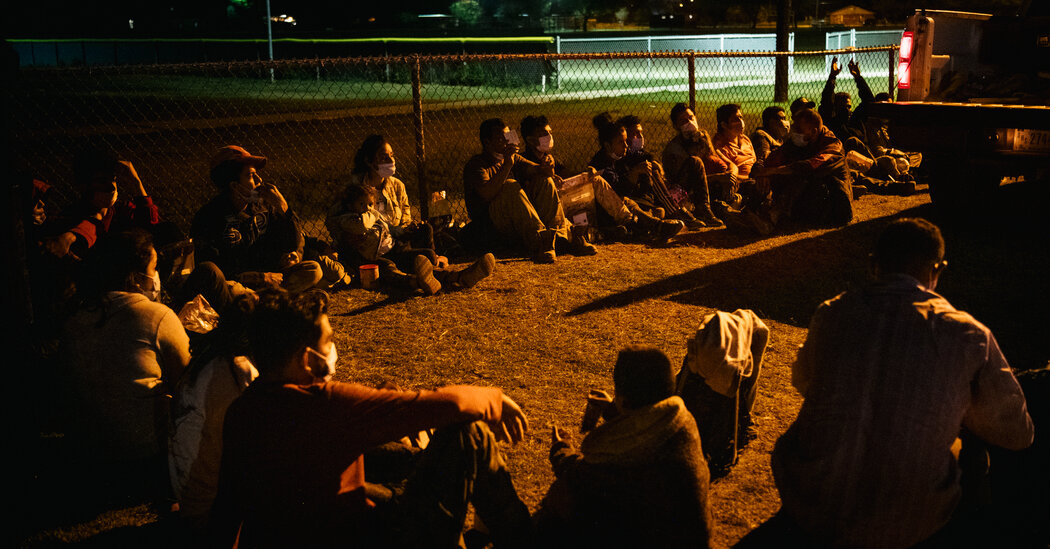
In October, the administration submitted a new, more detailed, justification for ending the program; it has a motion pending in the U.S. Court of Appeals for the Fifth Circuit, in New Orleans. The Department of Homeland Security said Thursday that if the appeals court sides with the administration, it will end the program again immediately.
The program faced court challenges during the Trump administration as well.
Since Mr. Biden has been in office, the United States has seen a spike in the number of migrants — many from Central America — illegally crossing into the United States. The administration has been primarily using an obscure public health rule, known as Title 42, to quickly turn back most such crossers during the pandemic. But for a variety of reasons, it has not been applied across the board.
For example, in October, U.S. officials used the rule just 57 percent of the time to turn away migrants who crossed the border illegally, according to government data.
Of the migrants who were not expelled under the public health order that month, half were from Brazil, Cuba, Nicaragua and Venezuela — countries that typically will not repatriate their citizens.
The resumption of the Remain in Mexico program, beginning on Monday, will add a new option for migrants who cannot be expelled under Title 42.
Mexico’s decision comes the same week that the United States agreed to start a joint development program in Central America that influenced Mexico’s decision, though Mr. Velasco said that “it’s not a quid pro quo.” The program is supposed to address the root causes of migration, beginning in Honduras.
“It’s part of what Mexico has been calling for as well, that cooperation efforts in Central America be accelerated,” he added.
A United States donation of 2.1 million doses of coronavirus vaccine arrived in Mexico on Thursday, bringing the total number of doses sent there by the U.S. government to 13.1 million. Mr. Velasco said the donations had not influenced his country’s decision to go along with restarting the program.
Oscar Lopez reported from Mexico City.




